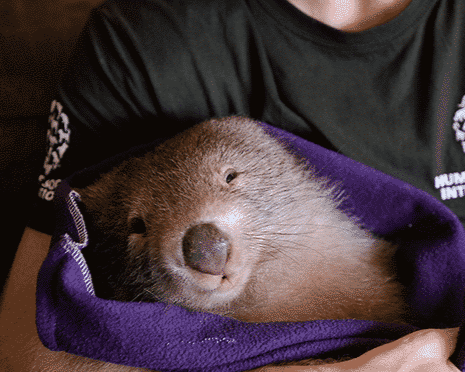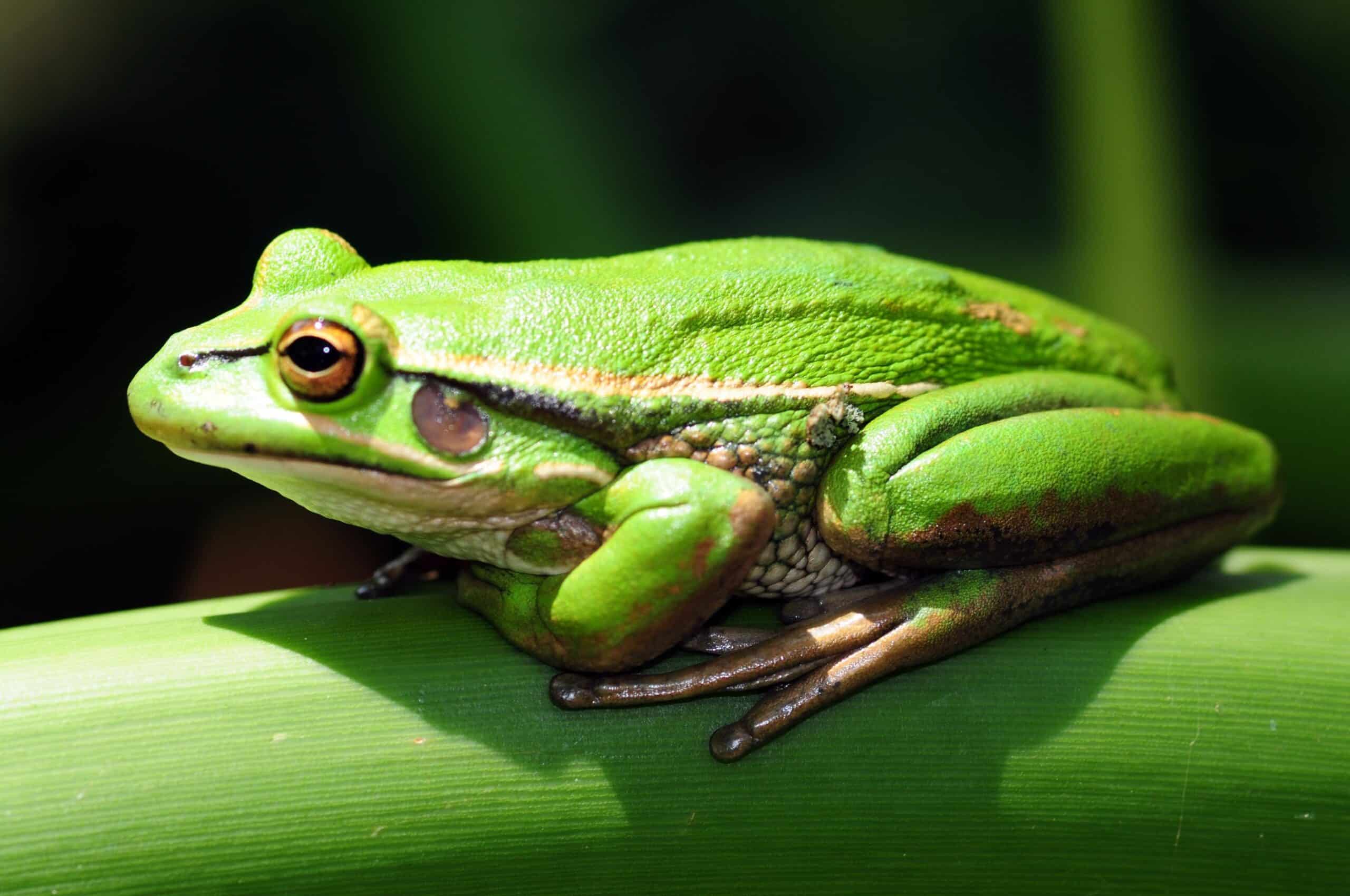Australia’s native animals are protected by law — but that protection comes with caveats. Across every state and territory, permits are routinely issued that allow property owners to kill native wildlife. Known in many jurisdictions as “damage mitigation permits,” these licences have quietly sanctioned the deaths of millions of animals...
- Maugean skates doing well in captivity – more than 20 hatchlings are growing into adults with at least 80 eggs yet to hatch.
- Removal of intensive salmon farming in Macquarie Harbour urgently needed – 2024 dissolved oxygen targets set in Federal Government’s Conservation Advice are still years off.
- Tasmania’s World Heritage Area values under threat, Macquarie Harbour and Maugean skate integral to brand ‘Tasmania’ and reputation for natural beauty.
The Australian Marine Conservation Society (AMCS) and Humane Society International (HSI) Australia are celebrating the success of the Maugean skate captive breeding program, with over 20 hatchlings growing into adults and at least 80 eggs yet to hatch. However, the success of the program highlights the critical need to address the low dissolved oxygen levels in Macquarie Harbour, which threaten the species’ survival in the wild.
In captivity the skates are thriving on 100% dissolved oxygen and a tailored nutritional program. In stark contrast, conditions in their only remaining habitat, Macquarie Harbour in Tasmania, are harsh. Dissolved oxygen levels throughout the harbour remain precariously low, especially in the World Heritage Area (around 30% dissolved oxygen)1 and food is scarce.
Dr Leonardo Guida, shark scientist at AMCS said: “The skate’s future hinges on a healthy harbour. Imagine having a personal chef and breathing pure oxygen – invigorating! Then imagine breathing through a straw, unsure whether your next meal is today or tomorrow – quite a reality check. That’s the difference for the skate in captivity compared with a wild environment that’s significantly degraded, in large part because of intensive salmon farming.”
The Federal Government’s Conservation Advice recommended reaching pre-2009 dissolved oxygen levels by 2024. Yet this is still likely to be years away, despite recent upwards trends in dissolved oxygen. The trend can be attributed to reductions in salmon biomass production (the number of salmon farmed) from its peak in 2015 coupled with seawater recharging the harbour with oxygen over the last three years, including early 2024. However, where the skate lives (at depths of 5-15 metres)2, dissolved oxygen is the same or worse than seven years ago3.
Dr Guida said: “Immediate and decisive action is needed from Environment Minister Plibersek to improve the harbour’s water quality so that it is ready for Maugean skate reintroductions, starting with the removal of intensive salmon farming. Reducing salmon biomass is crucial, yet current efforts haven’t sufficed, leaving the skate in a ‘death zone’ with persistently low oxygen levels.”
Lawrence Chlebeck, marine biologist at HSI said, “We need to address the root cause of the harbour’s poor water quality, and that starts with the removal of intensive salmon farming. If we’re serious about saving the skate from extinction, we’ve got to give it a home where it can survive in the wild. We cannot have salmon farming at an intensive scale and a healthy skate population in the same Harbour.”
The captive breeding program is led by Professor Jayson Semmens and Dr David Moreno who have dedicated enormous amounts of their energy and expertise to give the skate a fighting chance at survival.
At the start of the captive breeding program in December 2023, it was not known how long-term captivity would affect offspring hatching and growing rates, or if adults would handle long-term captivity. In a promising development, a captive adult female skate, collected in December, has laid more than 90 eggs in captivity, averaging about two eggs every four days. The first egg from this group hatched on July 10th, following an approximate seven-month gestation period with more hatchlings expected.
Macquarie Harbour is part of Tasmania’s World Heritage Area and integral to the state’s reputation for natural beauty and conservation. The extinction of the Maugean skate would be a devastating blow to Australia’s biodiversity and to Tasmania’s brand and natural heritage.
Media contact:
For interviews with Dr Leonardo Guida from AMCS, please call 0400 896 567
For interviews with Lawrence Chlebeck from HSI Australia, please call 0481 774 581
References:
- Environment Protection Authority (2024) Macquarie Harbour – Status update for dissolved oxygen June 2024, Environment Protection Authority, Hobart, Tasmania.
- Morash, Andrea J. et al (2020) “The Endemic and Endangered Maugean Skate (Zearaja Maugeana) Exhibits Short-Term Severe Hypoxia Tolerance.” Conservation Physiology 8, no. 1. https://doi.org/10.1093/conphys/coz105
- Environment Protection Authority (2024) Macquarie Harbour – Status update for dissolved oxygen June 2024, Environment Protection Authority, Hobart, Tasmania.
Image Credit: Jane Rucker


